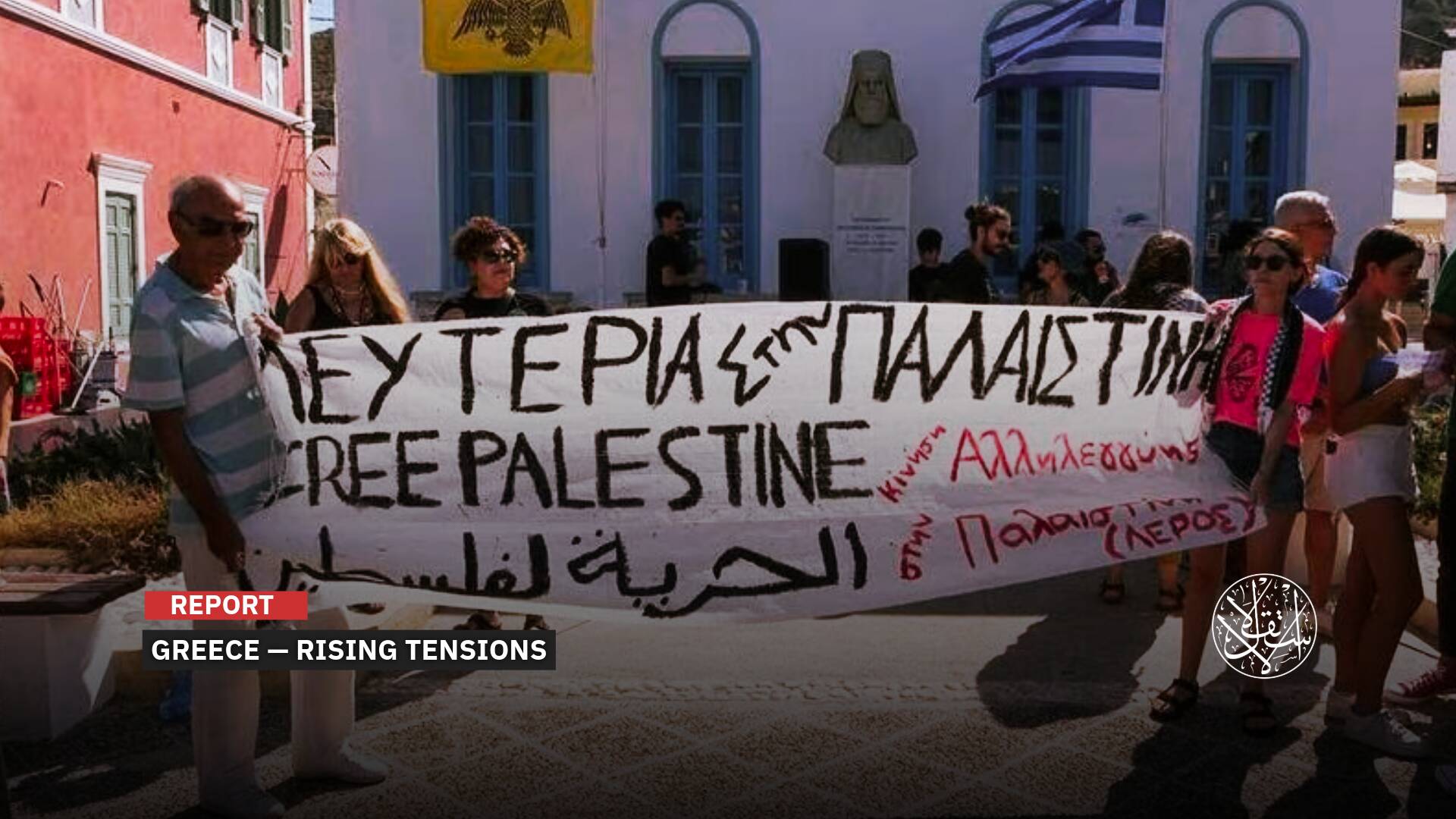After Imprisoning Her Maid, the Moroccan Zineb El Adaoui Became Guard of Public Money

On March 22, 2021, the King of Morocco, Mohammed VI, received at the Royal Palace of Fez, Zineb El-Adaoui, and appointed her first president of the Supreme Council of Accounts, a supervisory body specialized in economic and financial matters.
El-Adaoui occupies the new position, succeeding Idris Jettou, who held the position since August 9, 2012, after he was prime minister between 2002 and 2007.
The King provided the new president with directives in order to ensure that the institution, which was established in 1979, performs its constitutional duties, especially in exercising supreme control over public finances, with the aim of strengthening and protecting the principles and values of good governance, transparency, and accountability.
For days, social networking sites were buzzing with the news of El-Adaoui's appointment to a high position, and a number of activists stood at the most prominent events that marked her career, but not all of them were honorable.

High Positions
El-Adaoui was born in 1960 in the city of El-Jadida on the Atlantic coast. She is of Berber origin, as are the four presidents of the Supreme Council of Accounts, who preceded her, and successive presidents of the institution share the same assets by pure chance.
It is the first time for a woman to hold this high position. She monitors the public accounts of the state, public institutions, and municipalities, as well as Moroccan political parties.
El-Adaoui held the position of the first female auditing judge in 1984, to be appointed head of the Supreme Council of Accounts in Rabat from 1993 to 2004, and then appointed as a member of the regional advisory committee in 2010.
She has been also a member of the National Council for Human Rights since 2011 and the High Commission for National Dialogue on Reforming the Justice System since 2012.
In 2013, El-Adaoui was awarded the National Reward Medal of the rank of Senior Officer, an honor granted by the King to eminent personalities in various fields. She is married and has two sons.
Zineb El-Adaoui gained the confidence of the King to appoint her to the position of governor of the Gharb-Chrarda-Bani Hassan region, Kenitra province in January 2014, then governor of the Souss-Massa region, Agadir-Idautnan province on October 13, 2015, then as governor, inspector general of the administration National Ministry of Interior on June 25, 2017.

Challenging Tasks
In 2017, Zineb El-Adaoui was the only woman among other officials appointed by the king to oversee the investigation of 16 secretaries-general of the ministries in the case of obstructing development projects in the Al Hoceima region.
Press reports promised that El-Adaoui was chosen to be at the head of the most powerful inspection body in Morocco, because of her skills, in addition to being close to decision-making circles.
At the time, Al Hoceima was the focus of social protest in what was known in Morocco as the “Rif Movement,” when thousands of demonstrators denounced social fragility and marginalization. An investigation was conducted into the cause of the failure of the Al Hoceima development program, which was launched in 2015 with a budget of 600 million euros and was expected to give the region a big boost.
During her investigation, Zineb El-Adaoui interviewed a number of influential politicians and senior state officials. The final report, which was delivered on October 2, 2017, shed light on several dysfunctions, as a result of which the King dismissed many ministers while banning a few senior officials from holding state positions.
Imprisonment of the Maid
Observers are not confident that El-Adaoui will achieve the same results at the head of an institution that issues between 40 and 50 reports annually, dealing with sensitive issues in the country that elected and other government officials rarely take seriously.
After the appointment, activists recalled El-Adaoui's famous story with her maid, which sparked a media frenzy in Morocco in 2014, after a maid working in El-Adaoui's residence was arrested on charges of "betrayal of trust".
The maid was accused of “stealing two kilograms of meat and some cups.” Public opinion at the time was surprised how quickly the maid was sentenced to prison without giving a deadline to defend herself in accordance with the law. The case was considered the first of its kind in the history of governors and provincial workers.
The journalist specializing in political affairs, Mustafa Al-Fan, wrote on Facebook, commenting on the news of Zainab El-Adaoui's appointment, that "she is really a very fortunate woman and has been given many opportunities that were not given to many women who understand her intelligence, skills and competence."
Moreover, the journalist continues, "El-Adaoui passed through sensitive responsibilities and positions, the latest of which was the appointment as an inspector general at the Ministry of Interior. Of course, there were many attempts to portray Zineb El-Adaoui as a successful woman at all the responsibilities assigned to her, but it seems that reality is stubborn and does not rise and perhaps it is greater than both men and women.
Al-Fan saw that: “There is no imprint or anything of value in all the responsibilities Zainab El-Adaoui’ held. Her name is only associated in the minds of Moroccans with the fact that she sent her maid to prison, and the reason is that this maid was blinded by hunger to steal a piece of meat from the state's refrigerator."
The post went on to criticize the state's performance from the position of responsibility in the General Inspectorate of the Ministry of Interior, which "was concerned with crusts and perhaps did not go along with what is strategic in the royal vision of the concept of reform."
Journalist Muhammad Wamousi said about the appointment of El-Adaoui via Facebook: "The official who did not hesitate to drag her maid into the courtyards until a valid prison sentence was issued against her, which later turned into a suspended sentence and a fine."
He added: "When her (the maid's) fingers extended to 2 kilograms of meat and some glass cups in her kitchen, she brought her to court, and the strict woman became the head of the supreme body that scrutinizes everything related to public money. Will she adopt the same strictness in applying the law to deter all manipulators?
In February 2014, the Moroccan newspaper, Al-Massa, reported that the General Inspectorate of the Auxiliary Forces (a paramilitary that assists the army and the police) decided to expel a military rank within its service team called “Colonel Mysore”, after he refused to shake hands with El-Adaoui, who held the position of Wali. Governor) in a region in western Morocco.
Mysore was surprised by the decision to officially expel him from the public office, contrary to what the law stipulates in this context, which imposes a deadline for the official to prepare his defense and psychological preparation and submit it to the disciplinary council. The reason of expelling Mysore is that he refused to shake hands with El-Adaoui, because he believes that shaking hands with women is not allowed in religion.
However, this attitude prompted the state to submit a report to the General Command of the Auxiliary Forces in Rabat, which recommended the separation of Mysore, which confirms the strength of El-Adaoui's position and its effective authority.









